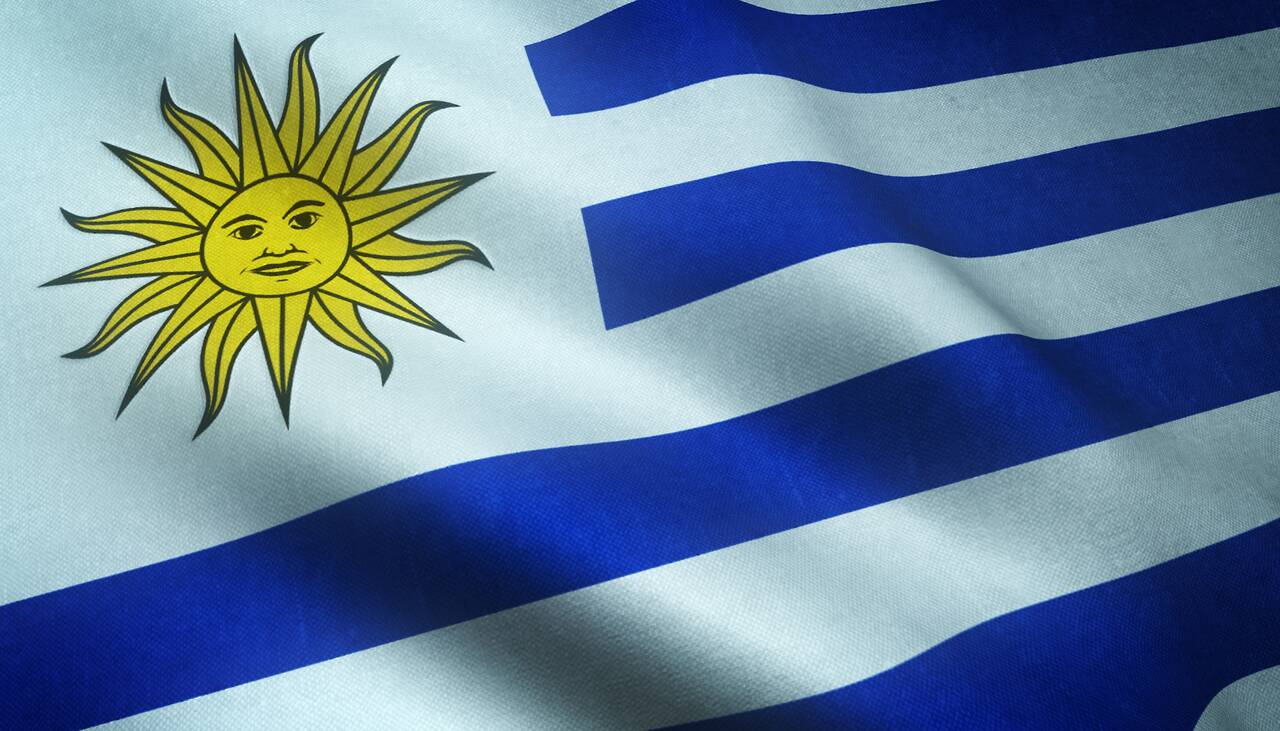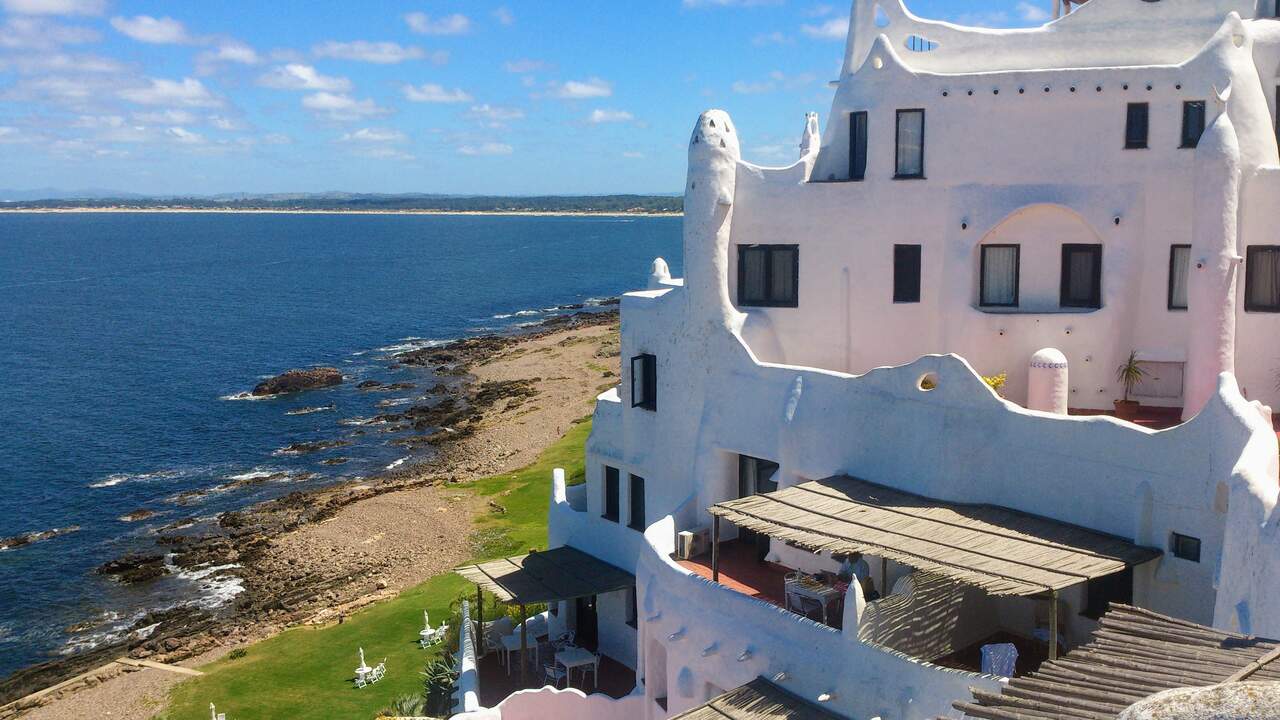
Traditions in Uruguay To Discover Before Your Next Trip
DATE:
Welcome to a captivating journey through the heart of South America, where the vibrant and colorful tapestry of Uruguayan culture unfolds. Uruguay, a serene and picturesque country cradled between the larger nations of Brazil and Argentina, boasts a rich and diverse cultural heritage. This small yet dynamic country is a melting pot of traditions, where the bustling, lively streets of its capital city Montevideo contrast with the peaceful, sandy beaches of Punta del Este. Here, a unique blend of indigenous roots intertwines seamlessly with European influences, creating a rich cultural mosaic.
In Uruguay, every corner tells a story of its past and present. The traditions of this country reflect a deep respect for its history, while also embracing a modern, secular spirit that sets it apart from other Latin American nations. The Uruguayan people, with their warm and welcoming nature, play a crucial role in preserving and celebrating these traditions, whether it’s through their passionate love for football, their vibrant music and dance, or their culinary delights. This fusion of the old and the new, the traditional and the contemporary, gives Uruguay its distinctive character and charm, making it an intriguing and must-visit destination in South America.
What is the Main Tradition in Uruguay?
Uruguay, known for its love of football and the historic triumph of winning the first World Cup, holds this sport as more than a pastime; it’s a national obsession. Young and old, in cities and rural areas alike, cherish football as a cornerstone of Uruguayan society. The national team’s successes, especially in the early days of the World Cup, are celebrated as key moments in the country’s history.
The Influence of the World Cup in Uruguayan Culture
The World Cup is not just a sporting event in Uruguay; it’s a symbol of national pride. Uruguay’s victory in the first World Cup, and subsequent successes, have cemented football as a vital part of the national identity. The impact of these victories resonates through generations, influencing everything from leisure activities to the way young people play football in the streets.
Football as a Social Fabric
In Uruguay, football transcends the boundaries of a popular sport; it is a social glue that unites people across different ethnic groups and social strata. It’s common to see friends and family gathering to watch a football match, sharing moments of joy and disappointment. This tradition of communal viewing, whether in public spaces or at home, reinforces the importance of football in daily life.
What Ancient Cultures Were in Uruguay?
Uruguay’s history is rich with the influences of various ancient cultures. Before European immigration, the land was inhabited by indigenous groups like the Charrúa, who had a significant impact on the cultural and social fabric of early Uruguayan society.
The Legacy of Indigenous Tribes
The indigenous tribes of Uruguay, particularly the Charrúa, left a lasting imprint on the culture. Their traditions, from artistic expressions to culinary habits, have been integrated into the broader Uruguayan culture, creating a unique blend that differentiates Uruguay from other South American countries.
European Influence and Immigration
The arrival of European immigrants, primarily from Spain and Italy, brought about a transformation in Uruguayan culture. This European immigration introduced new customs, languages, and traditions, which merged with the indigenous culture to form the modern Uruguayan identity. The influence of these European cultures is evident in various aspects of daily life, from cuisine to religious practices.

What is Uruguay’s Traditional Food?
When exploring the culinary traditions of Uruguay, one cannot miss the influence of European and indigenous cuisines. A national dish that stands out is the “asado,” a substantial steak dish reflecting the country’s love for quality meats. This dish, often enjoyed in family gatherings and social events, is a testament to the influence of European immigrants, particularly from Spain and Italy, who brought with them a rich culinary heritage.
Asado – The Heart of Uruguayan Cuisine
Asado, a type of barbecue, is more than just a meal in Uruguay; it’s a ritual. Families and friends gather around the grill, known as the “parrilla,” sharing stories and laughter while savoring the slowly cooked, flavorful meats. This tradition highlights the importance of family and community in Uruguayan society.
Yerba Mate – A Symbol of Social Bonding
Yerba mate, a traditional South American drink, holds a special place in the daily life of Uruguayans. Consumed from a shared metal straw, it’s not just a beverage but a symbol of friendship and social bonding. In parks, offices, or homes, sharing a mate signifies trust and closeness among friends and family.
What are 3 Interesting Facts About Uruguay?
- First Country to Host and Win the FIFA World Cup: Uruguay made history by hosting and winning the first ever FIFA World Cup in 1930. This achievement is a source of immense national pride and a pivotal moment in the country’s sports history.
- A Secular Country with Religious Freedom: Unlike many Latin American countries, Uruguay is known for its secular government and society. While the country respects religious freedom, the separation of church and state is a fundamental principle, making it unique in the region.
- High Literacy Rate and Focus on Education: Uruguay boasts one of the highest literacy rates in South America. The government’s emphasis on education, including higher education, has been a cornerstone of its social policies, reflecting the value placed on knowledge and learning in Uruguayan culture.
Celebrating Uruguay’s Rich Cultural Heritage
Uruguay’s cultural heritage is a mosaic of various influences that have shaped its unique identity. This section delves deeper into the aspects that make Uruguayan culture both distinct and inclusive.
Literature and Music – The Soul of Uruguayan Expression
Uruguay has a rich literary and musical tradition that resonates deeply with its people. Renowned writers and musicians have contributed significantly to the Latin American cultural scene, making Uruguay a hub of artistic expression.
Literary Traditions in Uruguay
Uruguayan literature, with its diverse themes and styles, reflects the country’s complex history and cultural identity. From the works of Juan Carlos Onetti to the contemporary writings of Hugo Nantes, Uruguayan literature captures the essence of life in this South American country. The blend of indigenous tales, European influences, and modern narratives offer a window into the soul of Uruguay.
The Rhythms of Uruguayan Music
Music in Uruguay is as diverse as its people. From the traditional sounds of Candombe, a legacy of Afro-Uruguayan culture, to the modern beats of pop and rock, the music scene is vibrant and inclusive. Tango, too, holds a special place, with Carlos Gardel, one of its most famous exponents, having strong ties to Uruguay.
The Visual Arts – Painting a Picture of Diversity
Uruguay’s visual arts scene, with artists like Carlos Páez Vilaró, captures the country’s rich cultural tapestry. From vibrant street art in Montevideo to the unique architectural styles seen in cities like Punta del Este, the influence of various ethnic groups and historical periods is evident.
The Influence of European Art
European immigration brought with it new artistic influences, which melded with indigenous art forms to create a unique Uruguayan aesthetic. This fusion is visible in the country’s museums, galleries, and public spaces, showcasing a blend of traditional and contemporary art.

Embracing Panamanian Culture with SpanishVIP
Uruguay, a country of diverse traditions, history, and culture, offers a unique perspective on South American life. From its passionate love for football to its rich artistic heritage, the traditions of Uruguay paint a vivid picture of a society that values both its past and its future. At SpanishVIP, we invite you to delve deeper into the enchanting world of Uruguayan culture.
Our Dedicated Teachers and Student Success Advisors are here to support your journey, starting with a free 1:1 class or enjoy free 7 days of group classes. Embrace the opportunity to explore the traditions and language of this fascinating South American country.








